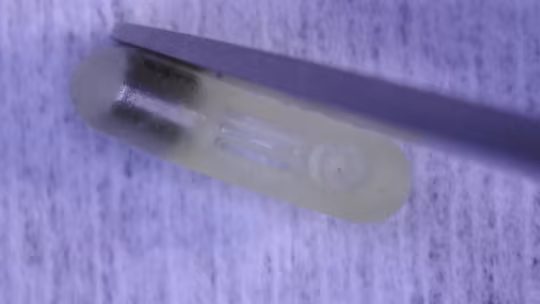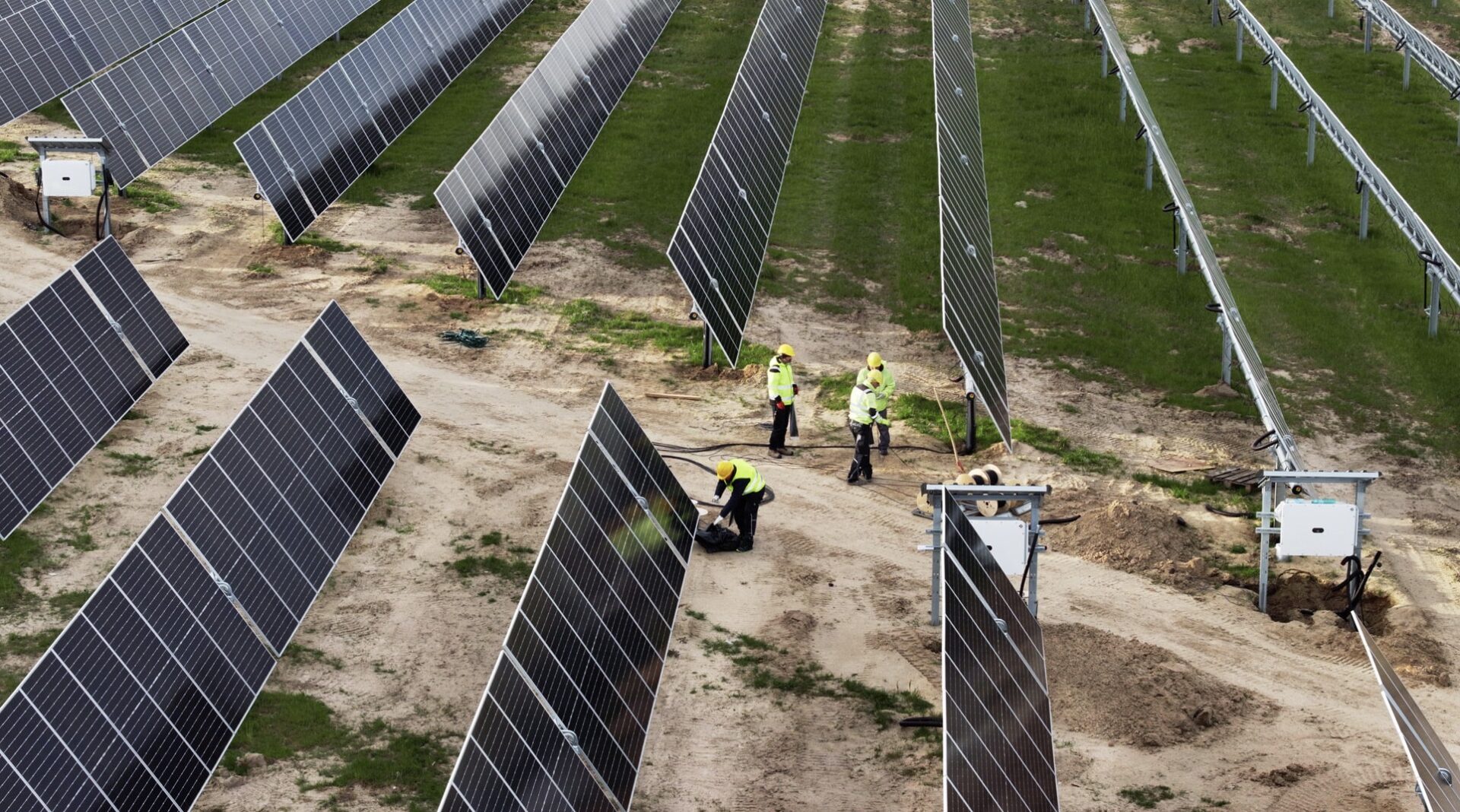
Apple Face ID Team Creates Tiny Robots to Bring Drugs into Brain

Image: Bionaut Labs
The team that helped create Apple’s Face ID tech has now developed tiny robots designed to deliver drugs into the brain and even perform microscale medical procedures — reports the Financial Times.
These robots were created by Bionaut Labs, a Los-Angeles based company co-founded by Michael Shpigelmacher and Aviad Maizels. Shpigelmacher and Maizels also co-founded PrimeSense, an Israeli 3D sensor company responsible for the tech behind Apple’s Face ID and Microsoft’s Kinect. Apple acquired PrimeSense for about $400 million USD back in 2013.
Bionaut’s robots are only a few millimetres long and contain a strong micro-magnet. They are controlled by magnetic propulsion and can be guided to target sites within the body using magnetic fields. Once they achieve their objective, they can be retrieved with a needle.
According to Shpigelmacher, Bionaut’s remote-controlled robots have the potential to become a “platform,” unlocking the ability to treat diseases in the “holy grail” of the brain, across the central nervous system, and beyond.
He said the robots could also be used to perform biopsies to diagnose illnesses. The robots could also be used to diagnose disease by taking biopsies. There are so many places in the body where science today cannot reach easily,” he added.
Shpigelmacher’s motivation for developing these robots was a realization that when drugs are administered to treat an illness, they are circulated throughout the entire body and can cause widespread side effects. “That didn’t make sense to me as a roboticist. Robotics is all about accelerating the world around you in a precise manner,” he said.
Bionaut has raised $43.2 million in a second round of financing to proceed with the first clinical trials to demonstrate that its robots are safe and effective. The funding round was led by Khosla Ventures and involved seven new investors, including Canada’s Sixty Degree Capital and Israel’s Deep Insight.
Shpigelmacher and Maizels have already done animal studies using their miniature robots to optimize their size and speed and ensure they do not damage tissues. It has been granted a humanitarian use device designation and an orphan drug designation by the US Food and Drug Administration to accelerate clinical trials.
Bionaut plans to start with human trials to deliver drugs that treat a type of brain tumour, as well as a procedure to treat a rare pediatric neurological disorder called Dandy-Walker Syndrome that will involve using the robot to poke a hole in a cyst.

